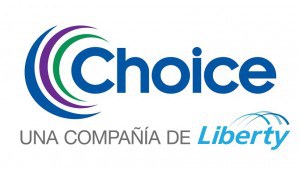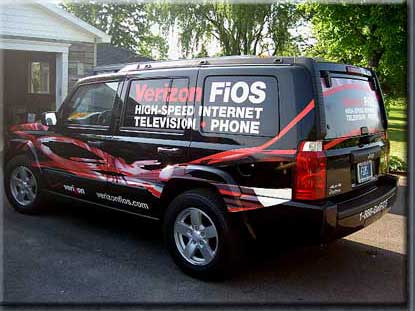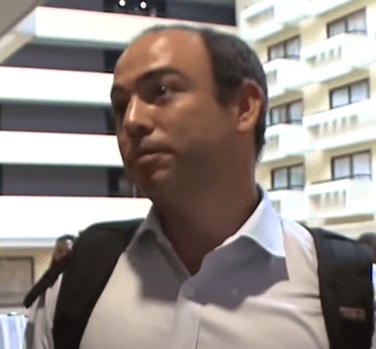 John Malone’s Liberty Global has bought out Puerto Rico’s second biggest cable television operator — Choice Cable TV — and will convert its customers to Liberty Cablevision of Puerto Rico.
John Malone’s Liberty Global has bought out Puerto Rico’s second biggest cable television operator — Choice Cable TV — and will convert its customers to Liberty Cablevision of Puerto Rico.
Liberty joined Searchlight Capital Partners to close the $272.5 million purchase, which will make Liberty Puerto Rico’s largest cable company, passing more than one million homes and serving about 750,000 customers.
Liberty put $267.5 million of the purchase on its credit card, using debt borrowing from another Malone-controlled entity — Liberty Cablevision — to fund most of the deal. Liberty Global contributed just $10.2 million in equity and its partner Searchlight kicked in $6.8 million in equity.
The deal gives Malone’s company a total cable monopoly on the island. Choice Cable was the last standing cable operator not owned by Liberty, and served customers in western, southern, and central Puerto Rico. Choice itself consolidated several independent cable operators, including Cable TV Northwest (Aguadilla), Dom’s Cable TV (San Germán), Cablevision Mayaguez and TelePonce Cable TV. Now it has been consolidated itself.

Choice Cable used to offer service in these Puerto Rican communities. Most of the rest of the island is served by Liberty Cablevision, which will now have a total cable monopoly across the unincorporated U.S. territory.
According to Liberty Global, the combined cable company will be expected to generate at least $390 million in annual revenue. If it doesn’t, rate increases could be on the way. Channel changes have already been introduced.
Liberty Puerto Rico added 18 new channels to the Choice Cable lineup at no extra cost. The Choice Pak package includes the new channels: AMC, AXS TV, beIN in Spanish and English, Cablevision, Disney Jr., Fox Sports 1, FX, Lifetime Real Women and PBS Kids. The Top Choice package will include: Crime & Investigation, DIY, Esquire, Fox Sports 2, History in Spanish, IFC, Military History and NBA TV.
But several other channels will be dropped: MTV, VH1 and Nickelodeon, Comedy Central, Spike, TV Land and Palladia HD. These Viacom-owned channels were discontinued last year by Liberty in a dispute over programming fees.
Liberty intends to offer up to 120/4Mbps Internet speeds, over 100 HD channels (352 channels total), and a “better balance of English and Spanish language networks” to current Choice customers.


 Subscribe
Subscribe


 Atlantic Broadband will be the new name of MetroCast Communications of Connecticut, as Montréal-based Cogeco Cable, Inc., takes ownership of the small cable operator and its parent Harron Communications, L.P., in a $200 million deal.
Atlantic Broadband will be the new name of MetroCast Communications of Connecticut, as Montréal-based Cogeco Cable, Inc., takes ownership of the small cable operator and its parent Harron Communications, L.P., in a $200 million deal.
 When Keefe refused, Meierling told him he was going to have him thrown out of the hotel.
When Keefe refused, Meierling told him he was going to have him thrown out of the hotel.
